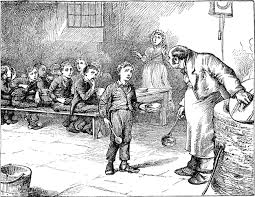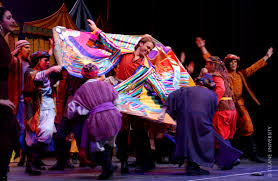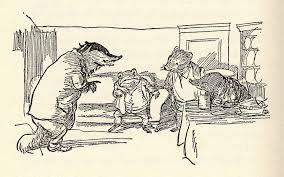Today, I had a lecture on Motivation in the Primary Classroom.
We were given the question….How do we motivate learners? Identify and discuss the key features of motivation and strategies to develop motivated children.
There are two types of motivation:
Intrinsic motivation comes from inside yourself while on the other hand, extrinsic motivation comes from external factors. Both types can be engaged in different ways by the teacher. Intrinsic motivation can be triggered by regular feedback, providing activities that the pupils will find interesting and relevant to them and active learning. Extrinsic motivation is different and can be engendered by praise, but more importantly sincere praise. If this is not the case, children will be expecting praise and will potentially stop trying as hard with work.
As teachers, it is vitally important that we have high expectations and that the work we set children offers them a real challenge but at the same time offers children the chance of being successful. There must be a balance and the ability and level must be taken into consideration. Monitoring children’s progress and letting them know constantly how they are doing through feedback can have a big impact on their motivation.
Thoonen (2011) discussed three motivation factors which:
‘*Expectancy components – pupils’ beliefs about their ability to perform a task (academic self-efficacy)
*Value components – pupils’ goals for doing a task, their beliefs about its importance and their interest in the task.
*Affective components – pupils’ feelings or emotional reactions to the task or school in general.
One other motivation theory was Maslow’s Hierarchy of needs. Maslow had the idea that there were 5 stages of motivation and each one needed to be completed to move on to the next stage of the pyramid. The 5 stages discussed were: Physiological needs, Safety and Security, Love and Belonging, Self Esteem and Self Actualisation. As a teacher, I feel that I can be responsible for meeting some of these needs such as the child feeling safe and secure in the classroom environment and the feeling of belonging the children will have in the class. This can be built up supporting children’s self esteem. Bartlett and Burton (2012, p206) had the idea that to develop a child’s self esteem, children need to be ‘listened to and empowered to make decisions about their own learning’.
Children must be given feedback to show how they are progressing. This in turn will motivate them to keep going and continue progressing.
Getting to know your children in the class is of vital importance for any teacher and building up a good relationship with the pupils can motivate both yourself and the class. There must be mutual respect and you must be modelling your behaviour as a teacher to motivate the class to behave in a positive way.
Hayes (2006, p23) found that children liked teachers:
- who like them
- who are confident and in control
- who provide well prepared lessons
- who make an effort to make content interesting.
Ultimately being a teacher who children like, no matter how simple that idea sounds, is one of the most important aspects that will lead to a class who are motivated and a classroom with a positive ethos.
One final thing I would like to mention is 5 powerful motivators that Gonzalez (2016) wrote about and they included: positive relationships with teachers, choice, rewards not being a good idea when tasks ‘involve creativity and persistence’ as this may ‘hamper motivation’, students having the belief that they can complete tasks and finally, relevance to children’s life’s outside of school.
Motivation is a huge factor that all teachers must consider every day. This can not only help develop children’s understanding, knowledge and skills if they are motivated to be learning but it can also give a teacher a better chance of being successful. A motivated class can create a positive ethos and give children a purpose for doing the work they have been given and through positive relationships, learning that is relevant to children and their interests and methods of teaching that engages children and really makes them think will ensure that motivation will be at the highest levels.
Rerefences:
Thoonen, E.E.J., Sleegers, P.J.C. , Peetsma, T.T.D. and Oort, F.J. (2011). Can teachers motivate students to learn? Educational Studies, vol. 37(3), pp.345-360.
Maslow, A. (1943). ‘A theory of human motivation Psychological Review’ 50(4): pp 370-396
Bartlett, S. and Burton, D.M. (2012) Introduction to education studies. London : SAGE
Gonzalez, J. (2016) 5 Questions to Ask Yourself About Your Unmotivated Students. Available at: http://www.cultofpedagogy.com/student-motivation/








